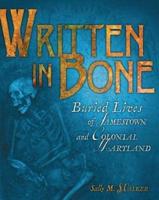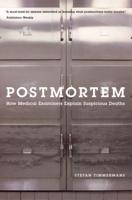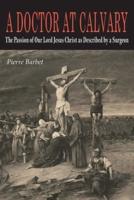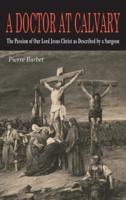Publisher's Synopsis
The most recent advances in human identification are thoroughly discussed in this important new text. The twenty-five contributions to this volume demonstrate movement beyond the boundaries of forensic anthropology of only a decade ago. In Chapter 2 the role of the forensic anthropologist at scenes containing human victims, including multiple fatality incidents, fires, and serial murder investigations, is discussed. In Chapter 3, the role of the forensic anthropologist is examined in a unique type of recovery situation: death investigative work involving human rights violations. Chapter 4 discusses the cremation process and how it impacts the forensic anthropologist's role in analyzing remains. In Chapter 5, postmortem interval is discussed as well as the factors affecting decomposition, and the author provides a practical overview of recent techniques in determining time since death. Chapters 6 and 7 also discuss postmortem interval related to outdoor death scenes and assessment of time since death under markedly different environmental conditions. In Chapter 8, an overview of the morphological and metric metric approaches to sex estimations from skeletal remains is provided. Other chapters in this part discuss the criteria for sex and age determination of feral and neonatal material, as well as the Suchey-Brooks method and the pubic aging system.








